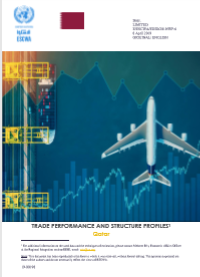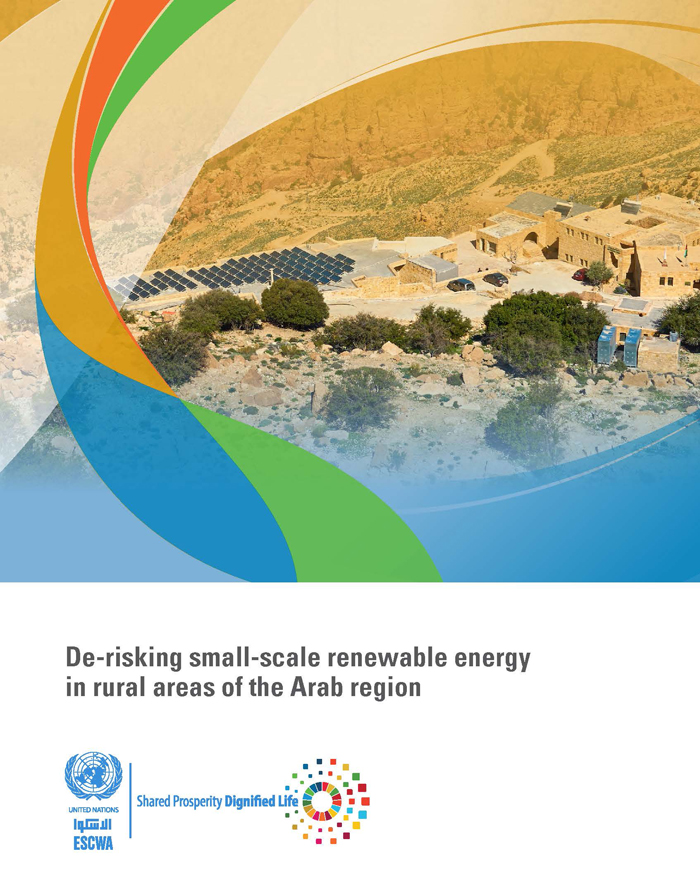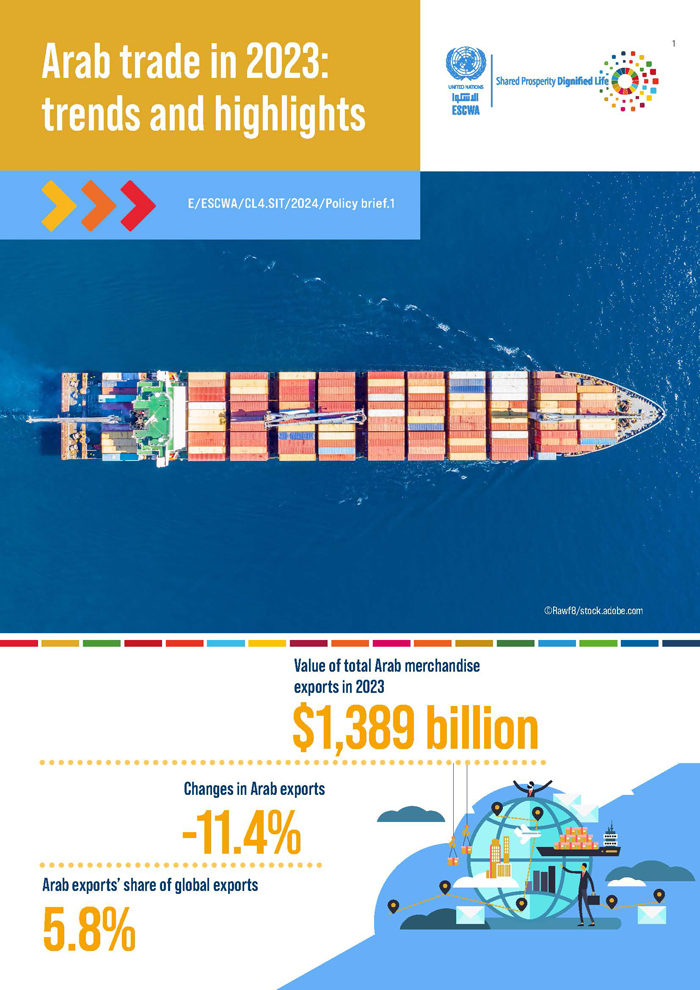
ESCWA Publication: E/ESCWA/EDID/2019/WP.6
Country: State of Qatar
Publication Type: Working papers
Cluster: Shared Economic Prosperity
Focus Area: Financing for development, Trade & regional connectivity
Initiatives: Blockchain for international trade
SDGs: Goal 8: Decent Work and Economic Growth
Keywords: International trade, Intraregional trade, Trade policy, Trade structure
Trade performance and structure profiles: Qatar
January 2019
This profile takes stock of the trade performance and structure of Qatar since 2000. In addition to aggregate trends in trade and foreign direct investment, a broad range of trade indicators are calculated specially for this profile using highly detailed product-level data, making it a novel set of trade indicators for Qatar and the Arab region. The analysis reveals that Qatar’s performance in merchandise trade and attracting foreign direct investment has been mixed in the past decade. Its merchandise exports and imports have not maintained the levels achieved in the early 2010s. Qatar’s services trade, however, has increased significantly, almost doubling its share in GDP between 2011 and 2016. FDI inflows have been low in the 2010s, while FDI outflows have been volatile but significant. The most important destination for Qatar’s exports has been ASEAN countries. PAFTA and sub-Saharan African countries hold relatively favorable prospects for Qatar’s exports, which show weak signs of shifting towards more sophisticated products and limited diversity.
Related content
Financing for development
, Trade & regional connectivity
,
This profile takes stock of the trade performance and structure of Qatar since 2000. In addition to aggregate trends in trade and foreign direct investment, a broad range of trade indicators are calculated specially for this profile using highly detailed product-level data, making it a novel set of trade indicators for Qatar and the Arab region. The analysis reveals that Qatar’s performance in merchandise trade and attracting foreign direct investment has been mixed in the past decade. Its merchandise exports and imports have not maintained the levels achieved in the early 2010s. Qatar’s services trade, however, has increased significantly, almost doubling its share in GDP between 2011 and 2016. FDI inflows have been low in the 2010s, while FDI outflows have been volatile but significant. The most important destination for Qatar’s exports has been ASEAN countries. PAFTA and sub-Saharan African countries hold relatively favorable prospects for Qatar’s exports, which show weak signs of shifting towards more sophisticated products and limited diversity.



